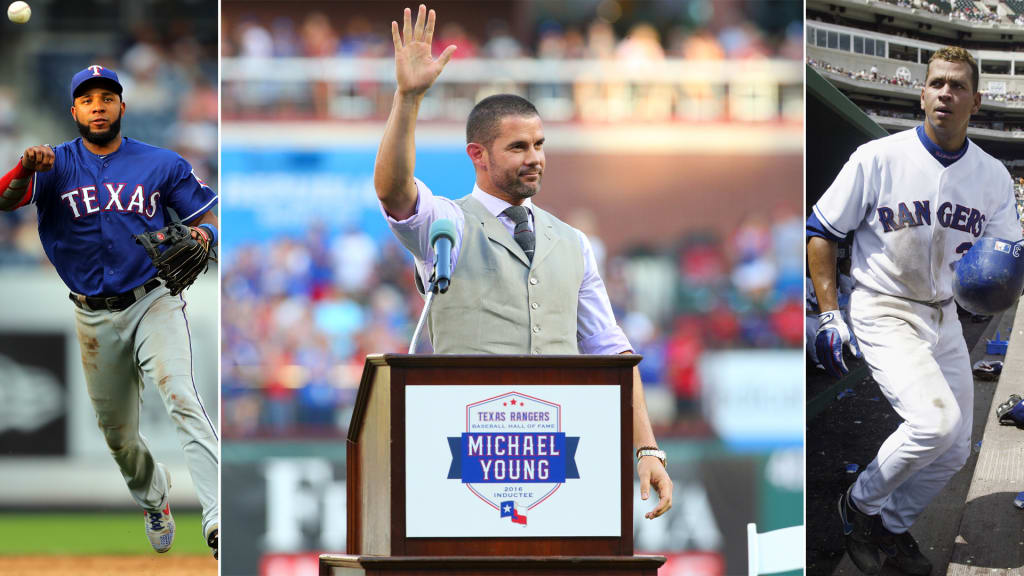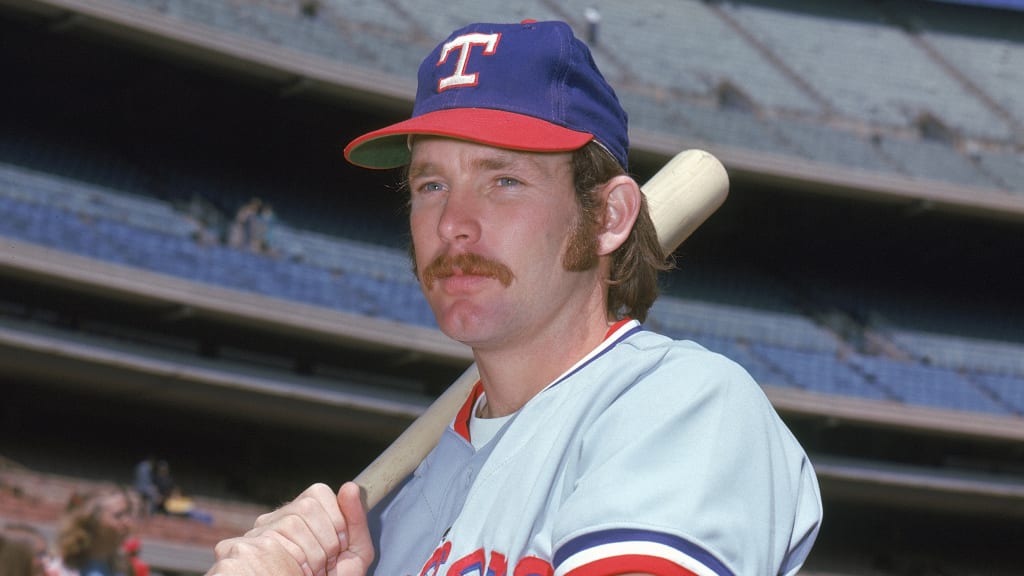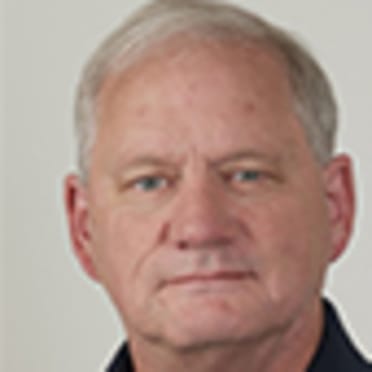
No one loves a good debate quite like baseball fans, and with that in mind, we asked each of our beat reporters to rank the top five players by position in the history of their franchise, based on their career while playing for that club. These rankings are for fun and debate purposes only … if you don’t agree with the order, participate in the Twitter poll to vote for your favorite at this position.
Here is T.R. Sullivan’s ranking of the top five shortstops in Rangers history. Next week: Left field.
1. Michael Young, 2000-2012
Key Fact: Seven-time All-Star and five-time Rangers Player of the Year
Brewers great Paul Molitor is in the Hall of Fame; Young is not. But through the age of 34, there was not much difference between the two. At that point, Young was hitting .304/.350/.451 while Molitor was at .302/.365/.442.
Molitor had more speed while Young was far more durable. Both played multiple positions, although neither was particularly happy being moved around. Milwaukee moved Molitor all around the infield and even tried him in the outfield.
Young was an excellent defensive second baseman, handled himself fine at shortstop and wasn’t best suited for either corner spots. His career would’ve probably been much different if he stayed at second base rather than volunteering to move to shortstop after the Rangers acquired Alfonso Soriano in 2004. But he did deserve the Gold Glove Award he won in '08 over Derek Jeter and Orlando Cabrera.
Molitor’s best position was designated hitter, and that’s why he is in the Hall of Fame. Young, at age 34, had a great offensive season in 2011, dropped off drastically in '12, spent '13 with the Phillies and Dodgers and then retired to be home with his three boys.
Molitor played until he was 42 years old, thriving as a designated hitter and had five of his six highest OPS campaigns after he turned 34. Who knows if Young would have mounted the same strong finish to his career?
2. Elvis Andrus, 2009-present
Key fact: Two-time All-Star and club's all-time leader with 302 stolen bases
Manager Chris Woodward said Andrus may benefit from Globe Life Field more than any other player. He has a valid point.
Andrus has been the Rangers' regular shortstop for 11 years and has played at least 145 games per season in 10 of them. (The exception was 2018, because of a broken elbow.) He played in 150 games in '11, when the average high in August of that year was 106 degrees.
Andrus, who turns 32 on Aug. 26, has played in 1,599 games at shortstop. If Globe Life Field does help him physically, it is easy to see Andrus finishing his career in the top five in games played at the position. The top five right now are Omar Vizquel (2,709), Derek Jeter (2,674), Luis Aparicio (2,581), Ozzie Smith (2,511) and Cal Ripken Jr. (2,302).
3. Toby Harrah, 1969, '71-78, '85-86
Key fact: First All-Star in Rangers history; earned three total nods with Texas
Harrah was the Rangers' starting shortstop for their first five years after the move. During that stretch, he had a .741 OPS. That was the highest for any Major League shortstop, with the next being Chris Speier at .707.
After the 1976 season, the Rangers signed their first big free agent, landing shortstop Bert Campaneris for five years. Harrah had committed an American League-high 37 errors in '76, and the Rangers moved him to third base.
Harrah had an excellent season for the Rangers in 1977 and was then traded to the Indians for Buddy Bell, one-for-one. Harrah returned to the Rangers from '85-86 to finish his career with two solid seasons at second base. His 113 walks in '85 is still the Rangers record.

4. Alex Rodriguez, 2001-03
Key fact: Led Majors with 382 runs scored and 395 RBIs from '01-03; second to Barry Bonds with 156 home runs
The Rangers stunned the world by signing Rodriguez to a 10-year, $252 million contract before the 2001 season. It was a deal that was supposed to change the franchise forever.
The already four-time All-Star put up remarkable numbers in Texas. He earned three more All-Star nods and averaged 52 home runs and 132 RBIs per season, winning the AL MVP Award in 2003.
So why shouldn’t he be considered the best shortstop in Rangers history? Well, for starters, he was only in Texas for three seasons, and the club finished last all three seasons. They could have done that just as easily without him ... and saved a whole lot of money. A-Rod also has admitted to using banned substances during his Rangers tenure, calling into question those video game numbers.
Signing A-Rod was a bold move, but it didn’t work out for the franchise. Rodriguez should be remembered for the Seattle years. The Texas years have faded into obscurity.
5. Scott Fletcher, 1986-89
Key fact: Hit .245 over his first five career seasons before raising it to .300 in his first year in Texas
Fletcher was a utility infielder for the White Sox and Cubs before the Rangers acquired him, Minor League pitcher Ed Correa and second baseman Jose Mota in exchange for reliever Dave Schmidt and infielder Wayne Tolleson.
The deal should have been huge for the Rangers because Correa had No. 1 starter talent, but after a solid rookie season, he injured his shoulder and never recovered.
Fletcher became the Rangers starting shortstop and stayed there for three and a half years. He was above average defensively -- better hands than range and arm -- and was the classic No. 2 in the lineup -- contact hitter with no power.
After the 1988 season, the Rangers gave Fletcher a three-year, $3.9 million contract to keep him from leaving as a free agent. But when he struggled at the plate to start the '89 season, he was included with top prospects Sammy Sosa and Wilson Alvarez in that famous July 29 trade for Harold Baines and infielder Fred Manrique.
Also receiving consideration:
• Ed Brinkman was the Washington Senators' regular shortstop from 1963-70 before being traded to the Tigers. Not much in the way of offense, but he may have been the best defensive shortstop in franchise history.
• Royce Clayton was an excellent pickup after the 1998 Trade Deadline, had a good year in '99 and then was cast aside after the 2000 season, when the Rangers signed A-Rod.
• Kevin Elster hit 24 home runs and drove in 99 runs in 1996, most of it coming from the No. 9 spot in the lineup.
